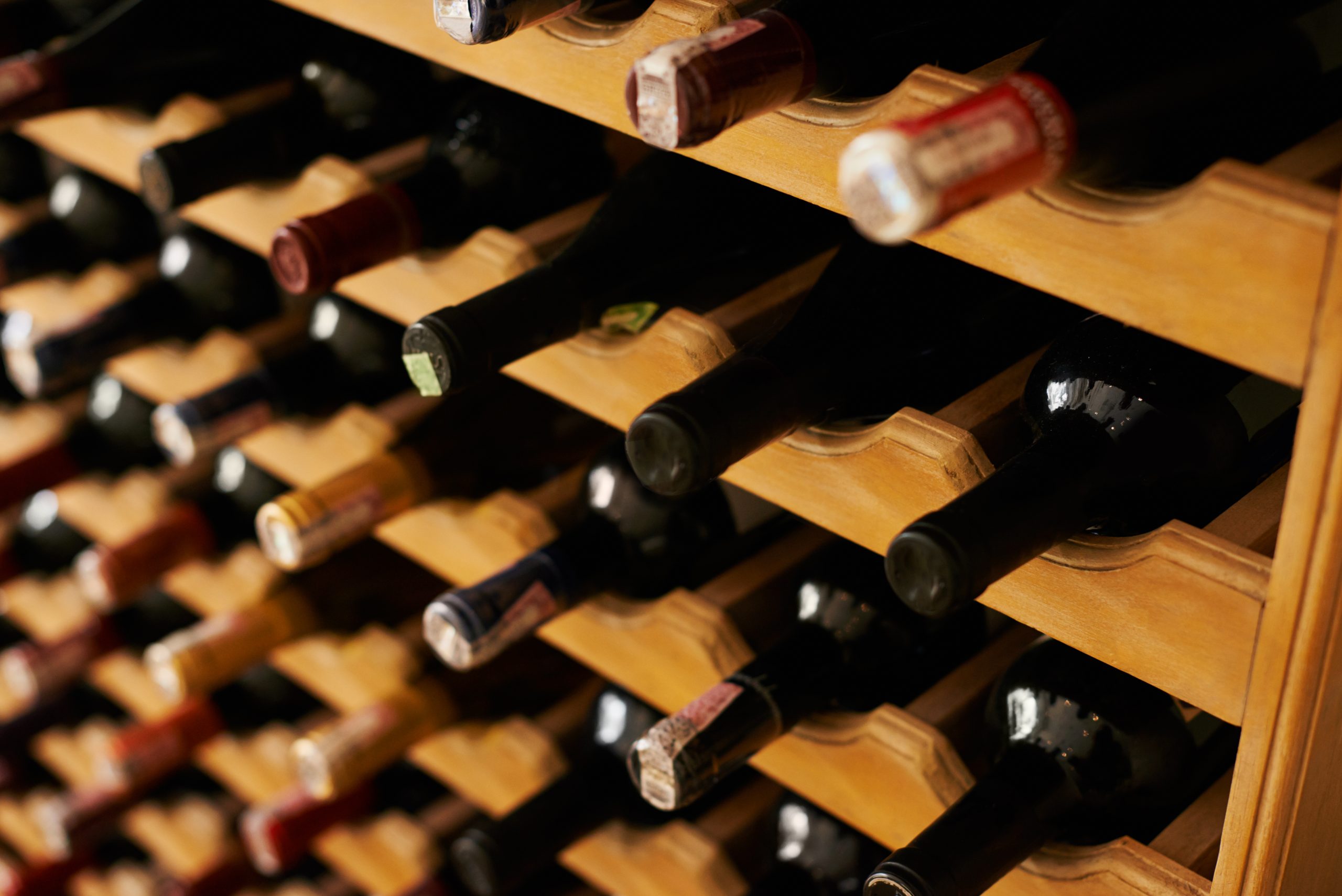China passes first law against fake goods sold online
By Natalie WangChina has passed the country’s first-ever e-commerce law that would hold online retailers accountable for the sale of fake goods and liable for a fine of up to RMB 2 million (US$291,000).
The new law passed on 31 August would hold big e-commerce companies such as Alibaba, JD.com and the discount goods-driven platform Pinduoduo accountable if products sold on the platforms are found to have violated intellectual property rights, the country’s parliament has announced.
Previously only merchants caught selling knock-offs could be held responsible.
The law is the latest effort by the country to clean up the country’s image as a main source of knock-off goods.
Giant e-commerce companies such as Alibaba and JD.com previously have been criticized by for being lenient towards merchants selling knock-offs, and lax about law enforcement.
Recently the discount-driven e-commerce platform Pinduoduo became the latest subject of investigation when its platform was found to be awash with counterfeit and copycat products from shavers to lookalike Penfolds and Château Lafite Rothschild.
The law will also ban online platform operators from deleting negative comments regarding products and services offered through their platforms.
Partner Content
As a response to criticism over counterfeit goods, companies such as Alibaba and JD.com have introduced their own anti-counterfeit coalitions to protect intellectual property rights.
A total of 240,000 online stores on Alibaba’s Taobao were closed last year for selling fake goods, according to Alibaba, the country’s biggest e-commerce company.
Tencent, shareholder of JD.com and owner of the country’s largest messaging app WeChat, penalised over 72,000 WeChat accounts involved in selling counterfeit products.
The e-commerce law will take effect on 1 January, 2019.





A critical first step. Question is what resources will be allocated to enforcement? It is a daunting task that requires a dedicated agency. Our organization has monitored sales of counterfeit branded bottles made for illicit producers. The bottles are replicas of some of the worlds most popular brands down to small local craft distiller’s labels + bottles. The price of the replicas are $0.20 to $0.50 per bottle and ship in container quantities. This is one of the reasons why counterfeit alcohol is growing.
I’m retired in the Philippines and shop online using the Lazada App. I expected some counterfeit products being sold in Asia, but I was surprised by the hundreds of cheap counterfeit items for sell by Lazada. The items are priced at 10-20 percent of the legitimate products sold in the States or Europe. These counterfeit items uses the brink names and logos of companies like Nike, FILA, NCAA, NFL, NBA, and on and on. Based on the customers’ comments and feedback on Lazada, these are cheaply made and made of poor quality material. I have been scam three or times by Lazada and its vendors. I feel sorry for the local people that get ripped off by Lazada and its partners using Lazada App and/or the Lazada Website. I hope something can be done to limit the sale of counterfeit items on Lazada, which is widely used in the Philippines.
Lets see what the law says about digital products. Places like taobao have been a thorn in my side for over 2 years, with their sellers constantly uploading and selling my copyrighted digital products. Many other digital artists who are found on creative market also have the same issues. they have shops full of illegal, copyrighted material, and they do not shut them down. This is a fabulous step toward making the platforms responsible for the products their sellers stock.